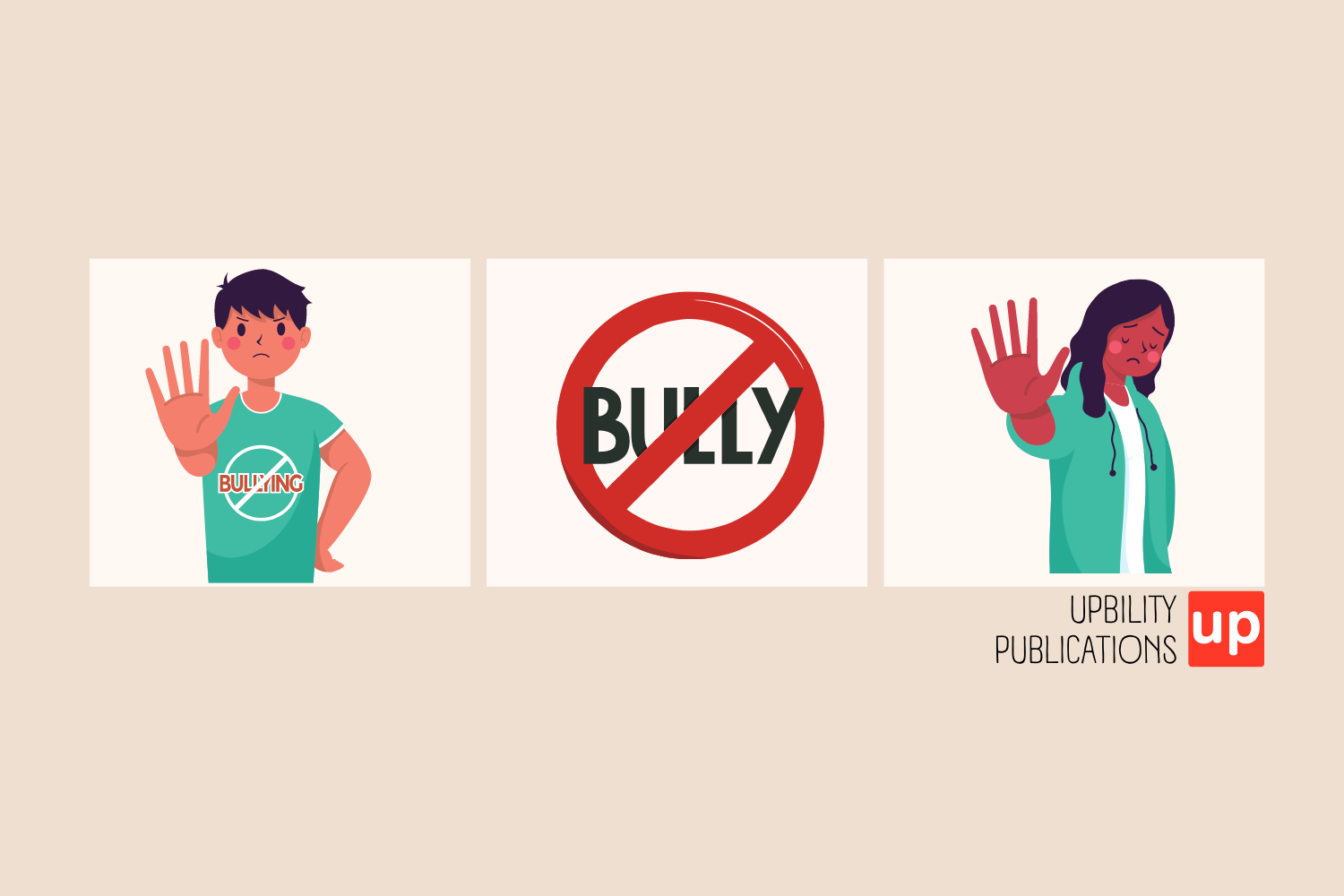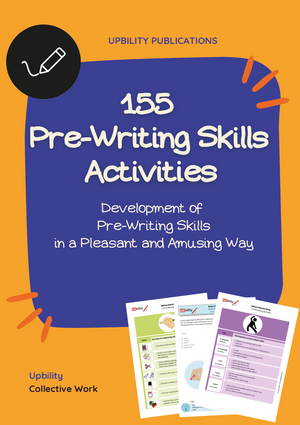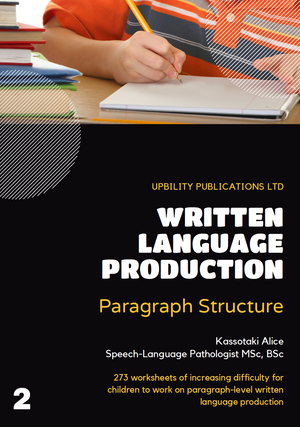
Bullying and Autism: How to Help Your Child
About 60 percent of differently-abled children report being bullied regularly. This includes autistic kids. If your child has autism, they’re more vulnerable to bullying because they communicate and interact with others in different ways.
They may often engage in repetitive behaviors and may have trouble being aware of social cues, making them easy targets for bullies. What’s more, since they can’t express themselves well, they may accidentally offend a peer and set themselves up for bullying.
Fortunately, if your autistic child is being bullied, it can stop if you intervene. But when bullying and autism co-occur, it can be hard to identify. Below are ways to tell if your autistic child is being bullied and how to help them.
How To Tell If Children with Autism are Being Bullied
It’s not easy to tell if autistic children are being bullied since they may not be aware of the situation. What’s more, they may have trouble communicating about incidents of bullying.
As a parent, you may have to identify clues if your child is a victim of bullying. They may:
- Have bruises or scratches
- Come home with damaged clothes, books, or bags
- Seem unhappy and anxious
- Be reluctant about going to school
- Show deterioration in school work
- Arrive at home late because they have changed their route
- Have outbursts or mimic acts of bullies at home
Bullying and Autism: Ways of Preventing Bullying
If you realize your child is being bullied, here are ways you can stop it.
Support Your Child
Because children living with autism may not realize they’re victims of bullying, your first step is to explain to them what bullying means and why it isn’t okay. You can teach your child social skills to help your child know that they can always count on you to help them.
Encourage Self-Advocacy
You can teach your child how to advocate for themselves to the best of their abilities. Equip them with social skills that can be used as coping strategies against bullying.
You can help them to manage bullying. For example, you can show them how to speak up assertively and the words they can use to get help from a teacher.
Know When to Intervene
Adult intervention is always needed when your child is a victim of bullying. You can reach out to your child’s teachers and school administrators to keep them informed and involved. Together, you can create a plan that will help keep your child safe in school.
Increase Awareness and Acceptance
You can also prevent bullying by creating awareness and acceptance at school and around your community about autism. Teaching classmates about autism awareness will help their peers become more empathetic, making your child feel more accepted by them.
Reinforce Educational Goals
The Individualized Educational Plan (IEP) can be a helpful tool in a bullying prevention plan. As a parent, you can identify strategies that can be added to the IEP to help stop incidents of bullying.
Create a Bullying-Free Environment for Your Child
Bullying and autism can have a devastating impact on your child’s emotional well-being. This is why it is important to speak up as soon as possible. For more information about autistic children, read our publications.
by Alice Kassotaki - Speech Language Pathologist MSc, BSc
You can also read:
- 10 Ways to Teach Your Child the Skills to Prevent Sexual Abuse
- Teaching Empathy Skills to Children With Autism
- Teaching Students with ADHD: Strategies for an effective lesson
- Are Autistic Girls Overlooked?
- Music Therapy: Autism Through Different Eyes
- 7 Key Social Skills to Help Children with Autism Cope with Bullying


